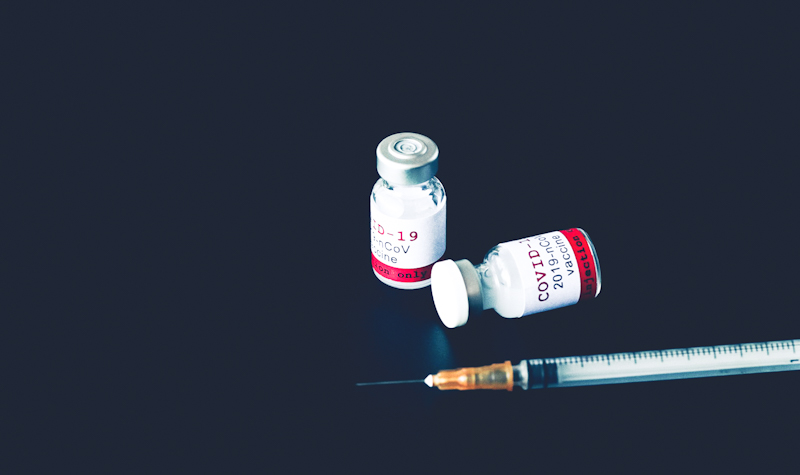The Kenyan government has invited bids for the construction of a Covid-19 vaccine plant through a global tender.
As per the request for proposal (RFP), the country seeks to recruit a consultant and a firm to design, build, commission and maintain a fully-fledged vaccine manufacturing facility.
Under the Kenya Biovax Institute Ltd, the production facility will be located in Embakasi, Nairobi.
The Kenya Medical Research Institute (KEMRI) says currently, the country imports 70 per cent of her pharmaceutical requirements, including vaccines and other biological products.
“To achieve this objective, the Government of Kenya desires to recruit a GMP consultant and a firm to design-build-commission-maintain a fully-fledged vaccine manufacturing facility,” a public notice, signed by the director-general Kenya BioVax Institute states.
During the 58th Mashujaa Day celebrations, President Uhuru Kenyatta disclosed that the Kenya Biovax Ltd. projects to start local vaccine production by April 2022.
The Ministry of Health’s plan is to have an operational vaccine manufacturing capability by 2024 according to its National Covid-19 Vaccine Deployment Plan.
The establishment of a Fill-and Finish facility will be implemented through strategic partnerships and technological transfer.
Dr John Nkengasong Director of the Africa Centres for Disease Control and Prevention (Africa CDC) says the continent still imports 99 per cent of its vaccines and consumes 25 per cent of the global vaccine supply.
“That situation needs to change,” said Dr John Nkengasong adding, “I think that Africa has no choice than to be very deliberate and engage in three areas of manufacturing: vaccines, diagnostics and therapeutics.”
In Africa, countries that have expressed interest in commencing Covid-19 vaccine manufacturing or production include Algeria, Egypt, Morocco, Rwanda, Senegal, Côte d’Ivoire, Ghana, Nigeria and South Africa.
Dr John Nkengasong notes that estimates suggest that Africa’s existing vaccine market is worth $1.3 billion, and that is expected to grow to about $2.4 billion by 2030.
In Kenya, as of January 18, the Ministry of Health had administered a total of 11,259,226 vaccines across the country. Of these, 6,248,784 are partially vaccinated while those fully vaccinated are 4,878,045.
Another 100,433 have received booster doses.
The uptake of the second dose among those who received their first dose was 58.9 per cent.
The proportion of adults fully vaccinated was 17.9 per cent.
The Government aims at vaccinating a targeted population of 27,246,033.





2 Comments
Pingback: Kenya Launches COVID-19 PCR and Malaria Rapid Test Kits
Pingback: Kenya Lifts Travel Ban for Passengers Arriving from UAE